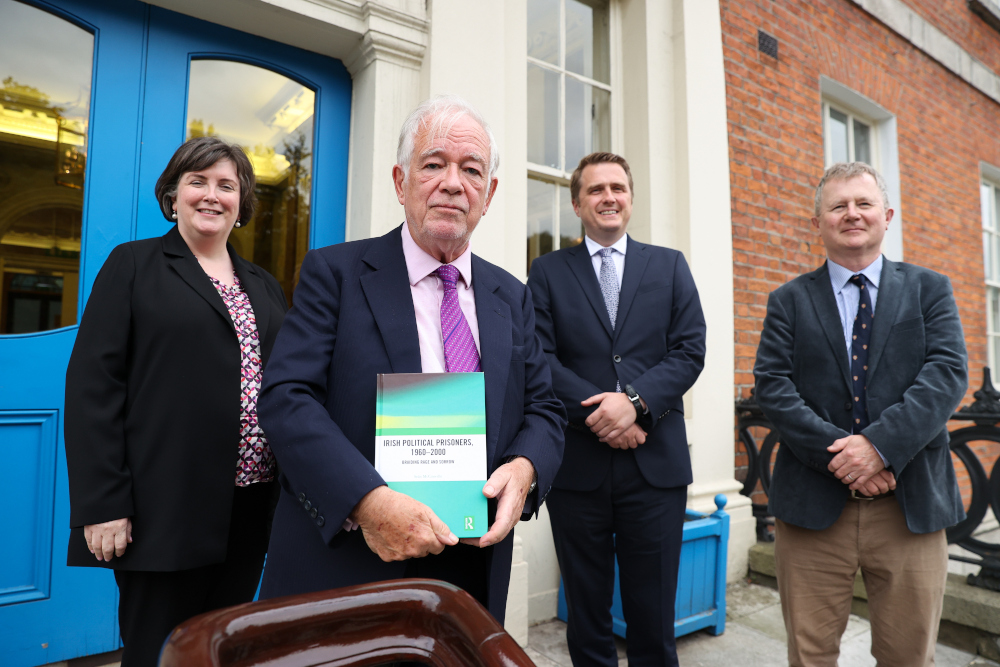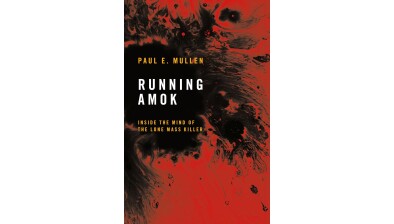Final volume in trilogy on Irish political prisoners launched

The third and final volume of a legal academic’s trilogy on the history of Irish political prisoners from 1848 to 2000 has been launched in Dublin.
The Department of Justice hosted yesterday evening’s launch event for Professor Seán McConville’s latest book, Irish Political Prisoners 1960-2000: Braiding Rage and Sorrow, the culmination of 25 years of intensive research, interviews and writing on Irish political prisoners.
Professor McConville, professor of law and public policy at Queen Mary University of London, was joined by James Browne, minister of state at the Department of Justice, and Professor Eunan O’Halpin of Trinity College Dublin at the event.
Speaking at the launch, Professor McConville said: “Political imprisonment has been at the heart of Irish politics for the last century and a half. It has affected Anglo-Irish and intra-Irish relations in many ways that have often been overlooked or simplified.”
Mr Browne said: “I would like to congratulate Professor McConville on the publication of his third and final volume on the history of Irish political prisoners. This is an outstanding work of scholarship and a valuable contribution to the historical record of Ireland.
“This book has a wealth of historical research on the period which provides the context to Professor McConville’s particular focus on the penal response of the authorities in the United Kingdom and Ireland to the Troubles and the effect of that response on the prisoners themselves.
“It is a great pleasure for me to have participated in the launch event for this important work.”
This final book in the trilogy book sets out the stories of the thousands of people who were taken into custody during the years of the conflict in Northern Ireland. It explores how they lived out their years in Irish and English maximum security prisons, serving long sentences in close custody.
It highlights the prisoners’ involvement and consent to the Good Friday Agreement, which it reveals was critical to ending the decades-long conflict.









